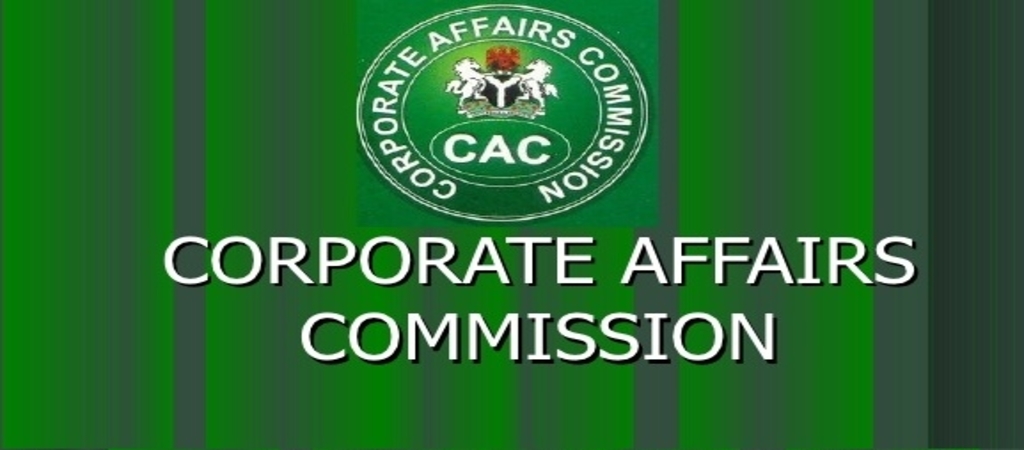The decision, which can be appealed to the Dutch Supreme Court, is the latest stage in a case that is breaking new legal ground in how far multinationals in the Netherlands can be held responsible for actions of their overseas subsidiaries.
In a written reaction, Shell Petroleum Development Company of Nigeria Limited expressed disappointment, saying it continued to believe that sabotage caused the spills in the villages of Oruma and Goi.
“Sabotage, crude oil theft and illegal refining are a major challenge in the Niger Delta,” the company said. “Indeed, in 2019 around 95% of spill incidents from our operations there were due to such criminal acts. Regardless of cause, we clean up and remediate, as we have done with the spills in this case.”
The Nigerian subsidiary added: “Like all Shell-operated ventures globally, we are committed to operating safely and protecting the local environment.”
In 2013, The Hague District Court ordered Shell Nigeria to compensate one of the four farmers involved in the case for making it too easy for saboteurs to open a well head that leaked onto his land. However, the court cleared Shell of blame in pollution of the other three farmers’ land and ruled that Shell’s Dutch parent company could not be held liable.
Both sides appealed, and judges ruled in 2015 that Shell could be held to account in Dutch courts for its actions in Nigeria. The judges also ordered Shell to give the plaintiffs access to documents that could shed more light on the cause of the leaks and how much Shell management knew about them.
Shell discovered and started exploiting Nigeria’s vast oil reserves in the late 1950s and has faced heavy criticism from activists and local communities over spills and for the company’s close ties to government security forces.
Friends of the Earth lawyers told the court that that leaking pipes are caused by poor maintenance and inadequate security and that Shell does not do enough to clean up spills.
Source: oklahoman.com





